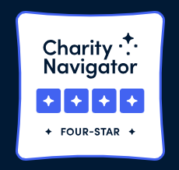Through the generosity of many, a total of $125,000 has been received or pledged to date toward our goal of $150,000. Thank you to those who’ve already responded. Your gift […]
Uncategorized
SPOTLIGHT ON 2017 SURGICORPS VIETNAM TEAM MEMBERS
Surgicorps International is packed and ready to leave next week for our 15th trip to Vietnam from October 27th-November 7th with 27 medical and non-medical team members. This will be […]
SURGICORPS INTERNATIONAL: GUATEMALA TRIP 2017… A FIRST TIMER EXPERIENCE By M.J. Pelusi
I carefully listened to Linda Esposto on Guatemala “packing day “in the Surgicorps office about the list of incidentals to remember for the trip: what to bring, what not […]
SPOTLIGHT ON 2017 ZAMBIA TEAM MEMBERS
Surgicorps’ 7th trip to Zambia is ready to go! We leave on September 16th and return on the 23rd with 20 medical and non-medical team members. We look forward to […]
SPOTLIGHT ON 2017 GUATEMALA TEAM MEMBERS
Surgicorps is preparing for our 15th trip to Guatemala from August 5th-12th with a team of 35 dedicated medical and non-medical volunteers. Our team this year includes: 13 members from […]
Touching the Beautiful People of Bhutan by Merelise O’Connor; Surgicorps 2017 Volunteer
To spend precious moments over several days talking with the patients and families was deeply enriching for me during my inaugural trip with Surgicorps International. They displayed quiet stoicism and […]

